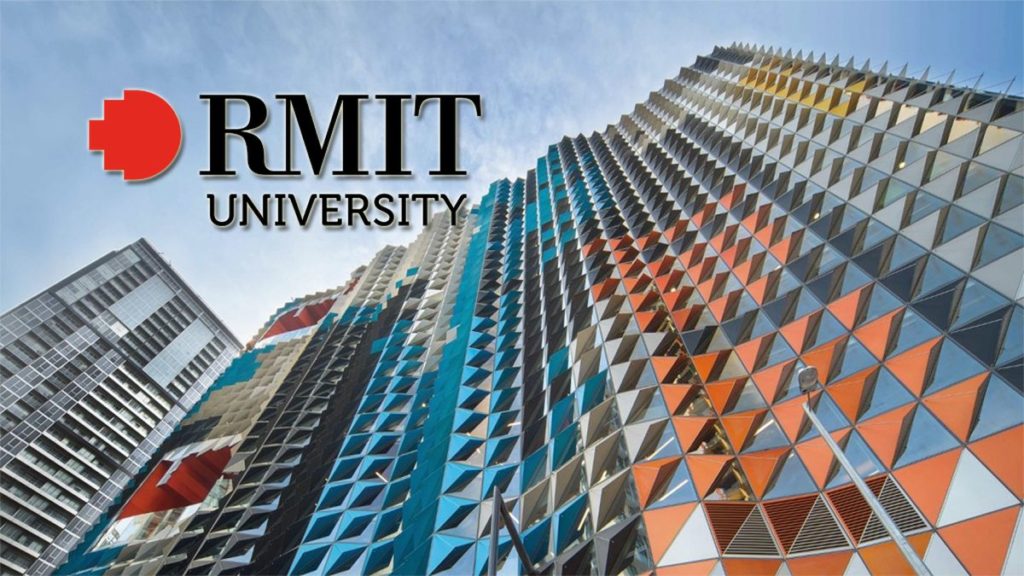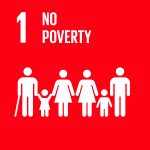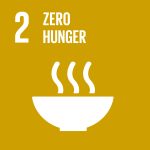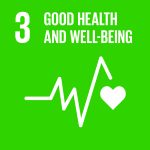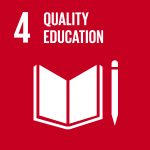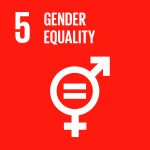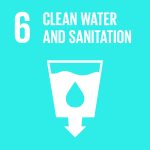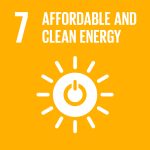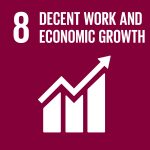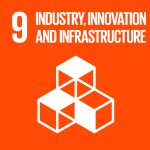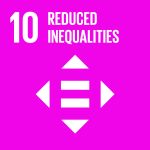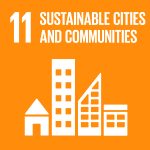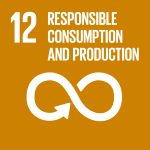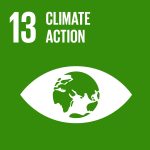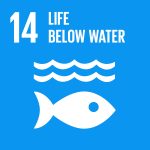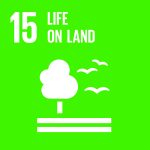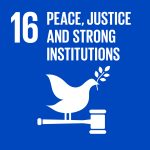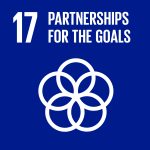Esta web utiliza cookies para que podamos ofrecerte la mejor experiencia de usuario posible. La información de las cookies se almacena en tu navegador y realiza funciones tales como reconocerte cuando vuelves a nuestra web o ayudar a nuestro equipo a comprender qué secciones de la web encuentras más interesantes y útiles.
RMIT-wide SDGs Project
Description
Institution
Organizations/areas of the university involved
The RMIT Sustainability Committee is currently undertaking an ambitious and innovative project to raise awareness, foster collaboration, measure impact, and communicate RMIT contributions toward achieving the SDGs across the entire University (Operations, learning & teaching and research).
Country
Australia
The 4 phases of the project were developed based on the SDGs framework and they address the SDGs as following:
1. Raising Awareness
This phase is directed at developing and implementing a communication and engagement strategy to increase internal and external stakeholders’ awareness of the SDGs. This is an important initiative that goes well beyond documenting awareness of the SDGs to disseminating RMIT’s commitments to the SDGs, informing and engaging key stakeholders, identifying opportunities for collaboration and disseminating the important role universities can play in advancing the 2030 Agenda.
2. Our Capabilities
This phase establishes, analyses, and maintains a record of RMIT’s SDGs expertise through a mixed approach, which incorporates both quantitative and qualitative data. Quantitative data has been obtained through a combination of keyword search approach, machine learning technique and manual validation. A qualitative approach has also been utilised to identify capabilities and contributions to the SDGs that could not be captured through quantitative data.
3. Collaboration Opportunities
Collaboration opportunities are identified through mapping of RMIT’s business plan, main policies and strategies against the SDGs. One of the goals of this phase is to foster internal and external collaboration and facilitate interlinkages and partnerships with internal and external stakeholders, to advance the SDGs.
4. Measuring and Reporting
Designing and implementing a measurement process to measure and report on RMIT’s contributions to the SDGs is one of the goals of this phase. This process is an important strategy for tracking our performance, as well as for improving accountability and transparency. RMIT has been publishing sustainability reports in accordance with the Global Reporting Initiative (GRI) since 2015 and since 2018 our sustainability report has been employing the SDGs as a sustainability framework to demonstrate RMIT’s global sustainability impact.
Results and impact measured or expected
Each one of the 4 phases of the RMIT-wide SDGs project has a set of metrics, in place or under development, to assess the effectiveness of the project and RMIT’s contributions to the SDGs. The impact measurement approach adopted builds on KPIs, sustainability and annual reports indicators and international rankings metrics to determine our baselines and monitor our contributions to the SDGs over time. Example of a metric used is the total number of research projects contributing to each one of the SDGs at the SDG target level by year, available in our Annual Sustainability Reports since 2018.
Connection with the SDG framework
This project aims to implement the 2030 Agenda across the entire University (Operations & governance, learning & teaching and research). The SDGs has been used as a sustainability framework to guide RMIT to improve its sustainability performance and maximise shared value for key stakeholders and the broader community where we operate.
Barriers and follow up
Some of the challenges faced by this project are:
1) Improving the effectiveness of our communication and engagement strategy to increase awareness, collaboration and support to the SDGs agenda. Especially among academic and professional staff that are not familiar with sustainability and sustainable development concepts;
2) Mapping research and learning and teaching contributions to the SDGs meaningfully. Mapping exercises should not be a box ticking exercise. It is important to have a deep understanding of the 2030 Agenda and efficient processes in place to guarantee the accuracy, credibility and transparency of the information mapped. Each SDGs goal has specific objectives, targets and indicators that should be understood and considered during mapping exercises. We are proud to have a robust mapping process in place that allows RMIT to report its research contributions to the SDGs at the target level.
3) Mobilising resources and developing the right incentives to foster interdisciplinarity and transdisciplinary for impactful research addressing key global challenges;
4) Finding the right balance between top down and bottom up programs to engage, foster and support SDGs initiatives involving key internal and external stakeholders across the University.
Education 4 SDG funciona gracias a WordPress
